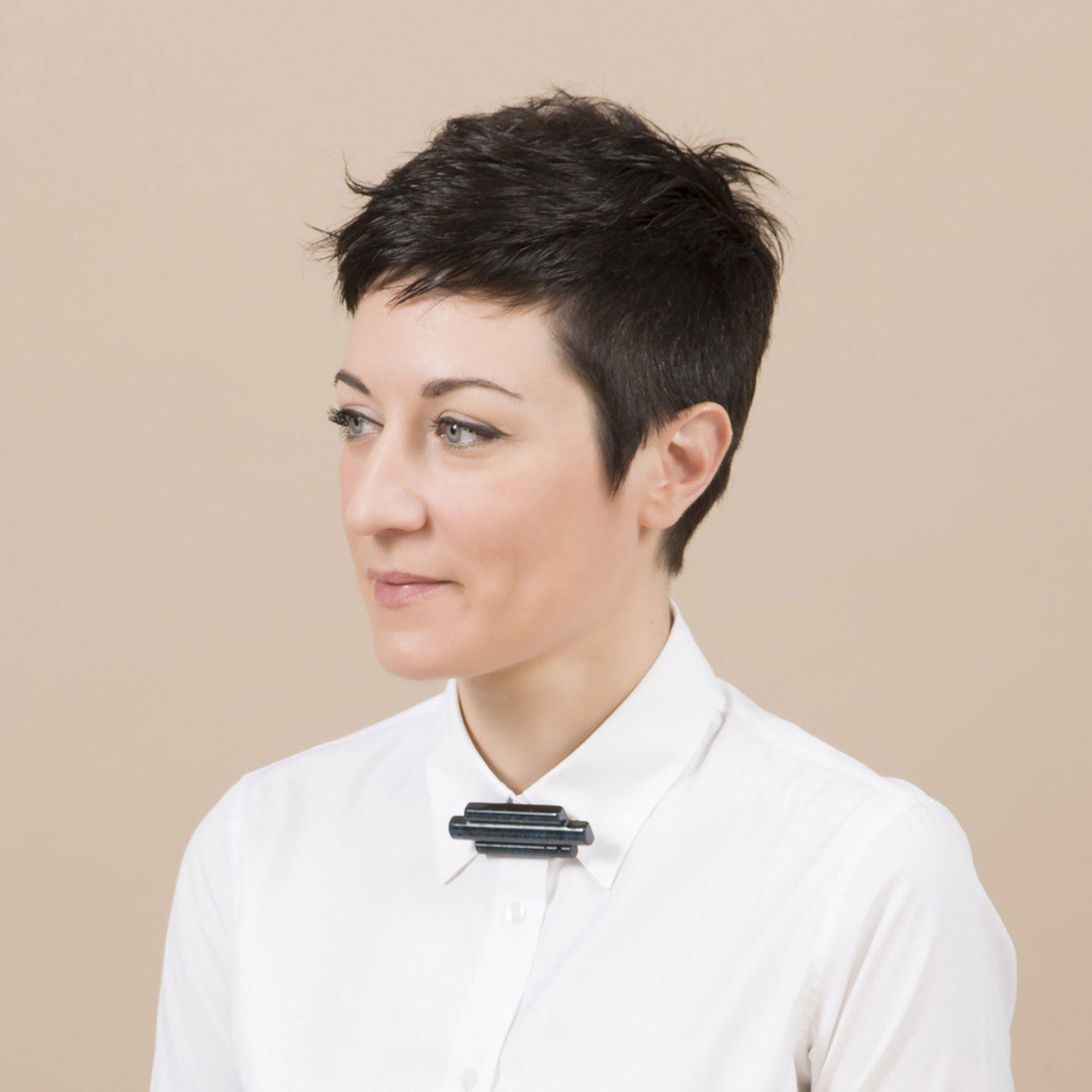Design PhD 2024 Summer School
13, 14, 17, 18, 19 June 2024
Planetary UnCommons
Runaway Philosophies and Design Imaginaries for the End of This World
The Summer School
The world we humans share with a multitude of other forms of organic and inorganic life has never been so brutally (and yet so beautifully in its unrealized potential) exposed as planetary until now. Established categories of what counts as human, as life, as cognition, as technology, as knowledge have become outdated. On one hand, we face agents that operate at a planetary scale, indifferent to political borders, nation-states, or walls – microbes and viruses, plastic drifting across oceans and atmospheric pollution, algorithmic data and digital infrastructures. On the other hand, as the Earth keeps on growing an unprecedented smart exoskeleton of satellites and sensors, cables, computers and data centres, we are growing enmeshed in new distributed sensory systems.
The planetary perspective, heralded by the Anthropocene at the same time of the ongoing reckoning with the violence and hubris of human exceptionalism, demands transversal modes of inquiry spanning geo-politics and geo-bio-engineering, climate justice and climate scepticism, the post-humanities and the in-humanities, decolonization and contested histories of technicity.
Symptomatic of this planetary acceleration and disruption across domains, the Anthropocene calls for a radical rethinking of categories, perspectives and modes of engagement. With the fundamental assumptions of western thought and its universal claims on the human now coming undone1, we – designers, thinkers, practitioners, changemakers – are called to imagine and experiment with alternative ways of designing (for) the planet, and for what comes after: the post-Anthropocene.
Methods
Our inquiry enlists transdisciplinary methodologies to the project of problematizing the planetary through design. We will do this by building a corpus of thoughts, histories and practises (runaway philosophies)1, by analysing existing and emerging design and socio-technical imaginaries, and by surfacing the frictions across these modes with the purpose of activating minimum viable utopias through our design interventions, speculations and propositions.
We will look at thinkers and ideas, practitioners and precedents that allow us to speculate on the planetary and the post-Anthropocene as a future space that problematizes the present. Recognising the paralysing fatalism of a ‘world-without-us’ we will commit to bypass narratives of apocalypse, redemption, salvation, or techno-solutionism, and focus instead on the potential of speculative- pragmatism, problematization and worldbuilding as the key methods to use in order to prototype alternative futures in the present.
1: Borrowed from Savransky (2021) who uses it to qualify metaphysics in his poetic account of the pluriverse, the term ‘runaway’ suggests unruly modes of thinking that are not still, nor monolithic, nor easily contained by disciplinary boundaries, thus affording thinking through and with transformation, metamorphosis and the becoming of worlds.
The Summer School guides doctoral students through the complex theme of Planetary UnCommons, blending lectures with active design practice. Emphasizing collaborative learning, students tackle geo-politics, climate issues, and emerging technologies, using diverse methods to create and respond to a self proposed brief. Daily activities include lectures, research, discussion, and content creation, all culminating in a group video project. Critical thinking, interdisciplinary research, and teamwork are key skills refined throughout this course, as students work towards presenting their ideas in reflective discussions and video presentation.
The Summer School schedule is designed to merge theoretical insights with practical application over the course of a week. Lectures on the first two days serve as a catalyst for themes, approaches, methods, and core questions that will guide the rest of the program. The rest of the week will be dedicated to student-centered activities, including research, presentations, and open discussions, all fostering a collaborative learning environment. Each day’s work builds to conclude with the presentation of a group video that captures the students’ journey.
The Summer School offers an in-presence classroom experience, focusing on the collaborative and dynamic exchange of ideas among peers. This setting encourages students to explore, question, and contribute to the collective learning process, preparing them to tackle complex themes such as the Planetary UnCommons. Through setting their own design briefs, creating a reflective journal, and producing a video response, students will develop a critical mindset and the ability to synthesize diverse concepts, ultimately enhancing their research and presentation skills.
The Summer School will be held in a condensed format and it is open to doctoral students from the PhD programmes of Politecnico di Milano at their 1st or 2nd year of doctoral studies.
LOCATION
The Summer School will be attended in presence at Politecnico di Milano.
Campus Durando. Building B2 – Room B2.0.1
Faculty

Chiara Colombi, PhD
Associate Professor,
Department of Design,
Politecnico di Milano
Her research interests concern knowledge creation processes, codification of meta-design research praxis and development of merchandising systems in “culture intensive” industries, with a specific focus on the fashion sector.

Betti Marenko, PhD
Reader in Design and Techno-Digital Futures, University of the Arts London (UK)
Betti is Reader in Design and Techno-Digital Futures at Central Saint Martins, University of the Arts London where she is also Contextual Studies Leader for the BA (Hons.) Product and Industrial Design and faculty member of the new MA Design for Industry 5.0, having previously held teaching posts at the University of Essex, and the University of Urbino, Italy.
She is a transdisciplinary theorist, academic and educator working across process philosophies, planetary technicity and design cultures. She is the founder and director of the Hybrid Futures Lab, a transversal research initiative developing speculative-pragmatic interventions at the intersection of philosophy, design, technology and future-crafting practices.

Manuela Celi, PhD
Associate Professor,
Department of Design,
Politecnico di Milano
Her research interests are concentrating on the relationship between design and futures deepening the methodologies of trends, scenarios, advanced design and design fiction. Actually she’s head of research for Polimi in the FUEL4Design Erasmus+ project that aims at developing knowledge, resources and methods to help young designers designing for complex tomorrows.
Tutor

Victoria Rodriguez Schon
PhD student
Design Department
Politecnico di Milano
Programme
The programme is based on the Central European Summer Time (CEST)








